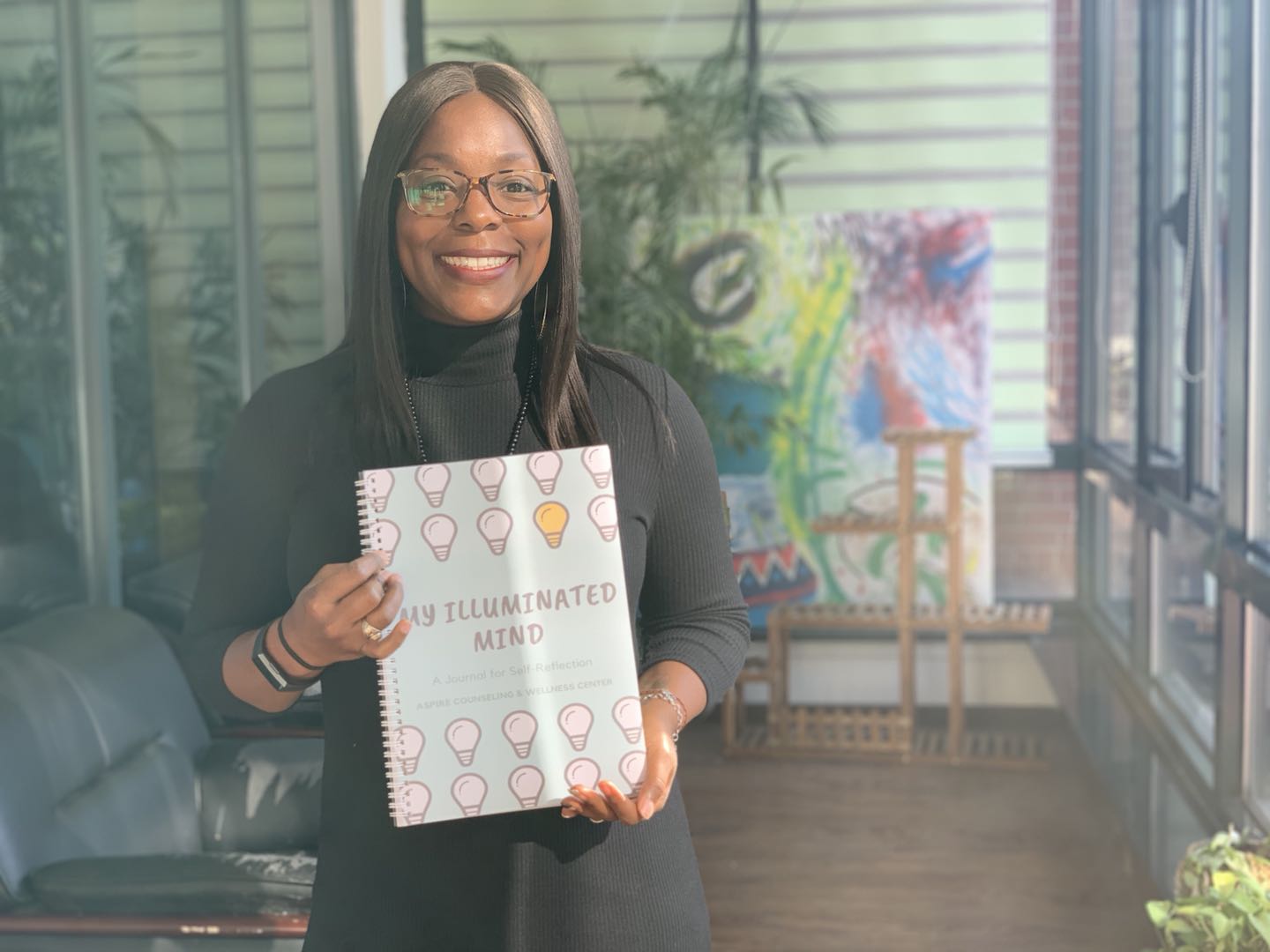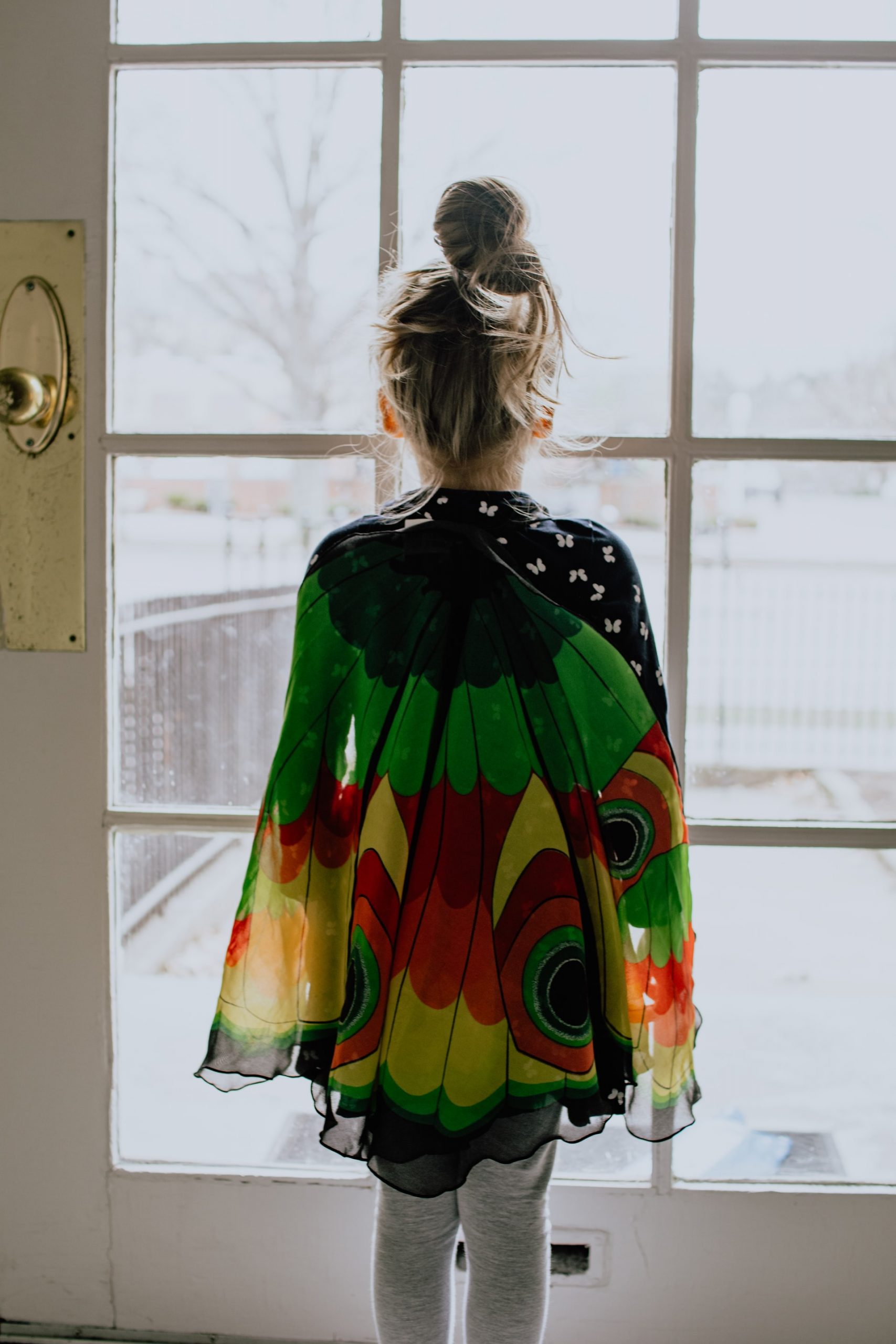The Christmas and New Year’s holidays are a source of joy the world over. It is a time when families and friends reunite to celebrate the year that has been and look forward to the new year. Even with the massive COVID-19 restrictions in place in the world over this year, people are still finding new and innovative ways to ensure they still get to see and spend time with those they love in this special time. But there is a darker side to the holidays, and it is a side rarely acknowledged by many. The holidays can be a source of great anxiety for quite a few people. Be it the stress of buying presents, or organizing a fantastic party for the family, or traveling back home, and even the dread that comes with spending time with family members we don’t exactly like, the holidays are rife with anxiety-inducing pitfalls.
Children can also particularly be affected by the holidays and can suffer bouts of anxiety. It is important for us all to not only shield ourselves from sources of holiday-related anxiety but to ensure our kids are kept safe as well. Beijingkids spoke to Kindall Tyson, psychologist and Senior School Counselor at Dulwich College Beijing (DCB), on the telltale signs of holiday anxiety, its triggers, and how best to handle it when it does rear its less than the festive head.

Kindall Tyson
(Beijingkids): How do holidays affect mental health?
(Kindall Tyson): The holiday season can be a time of joy, connection, and happiness for some- further reinforcing their mental health and wellness, feelings of belonging, and their optimism about the future. On the other hand, for some people, the holiday season can be a time of heightened stress, anxiety, grief, and depression. For individuals that have a mental health diagnosis, the holidays can intensify negative feelings-making it more challenging to manage their mental health and wellness. It’s important that people remain aware of any changes in their mood and functioning and seek help when needed. Also, to help ameliorate any potential negative effects of the holidays, it’s prudent to create a holiday plan, engage in meaningful self-care, and stay connected to trusted friends, chosen family, and loved ones.
(BJK) Are some conditions affected by the holiday season more than others?
(KT) High expectations, loneliness, and stress can exacerbate certain mental illnesses during the holiday season. In most cases symptoms are temporary; however, they can intensify if they last for more than two weeks, leading to clinical anxiety and/or depression. According to a recent survey, the National Alliance on Mental Illness (NAMI) reports that approximately 24% of people with a diagnosed mental illness find that the holidays make their condition “a lot” worse.

High expectations, loneliness, and stress can exacerbate certain mental illnesses during the holiday season.
(BJK) Are there key signs of children struggling with their mental health that loved ones could watch for especially during the holiday season?
(KT) According to Mental Health America, the following signs may indicate that your child could be experiencing mental distress and be in need of professional help.
- A decline in school performance
- Poor grades despite strong efforts
- Constant worry or anxiety
- Hyperactivity or fidgeting
- Persistent nightmares
- Persistent disobedience or aggression
- Frequent temper tantrums
- Depression, sadness, or irritability
- Problems sleeping (too much or too little)
The holiday season may exacerbate these symptoms if they go untreated. Please seek help from a licensed professional if you notice that your child is experiencing these symptoms for more than two weeks.
(BJK) What are the treatment for holiday depression, anxiety, and stress?
(KT) If you notice that you are experiencing symptoms of increased stress, anxiety, and depression, the following are some suggestions to help you improve your symptoms:
- Acknowledge your feelings without judgment
- Reach out for help if your symptoms persist (seek professional help before your symptoms become unbearable)
- Minimize your alcohol and caffeine intake
- Get plenty of sleep
- Eat healthily
- Implement a consistent exercise routine
- Try different relaxation exercises, meditation, or yoga
- Stay connected to your support network
- If you take prescribed medication, adhere to your medication management schedule

(BJK) Is it possible to prevent holiday anxiety, stress, and depression?
(KT) The holidays can be a time of year that unearths challenging memories, experiences, and emotions, and dealing with difficult emotions such as stress, anxiety, and depression during the holidays is not uncommon. While we may not be able to extinguish all of our negative emotions, we can implement strategies that help to alleviate the frequency, intensity, and duration of the stress, anxiety, and depression that can be associated with the holiday season. One of the most important things that we can do is to understand our triggers and be proactive in how we will manage our mental health and self-care during the holidays.
(BJK) How do you prepare your children/ family for the holidays and the attendant anxieties?
(KT) As stated before, it’s important to be proactive when planning for the holidays. Furthermore, this holiday season is likely to be much different than previous holidays, but different does not have to mean worse. If you notice that your children are experiencing significant difficulties this season, try the following:
- Create a family holiday plan ahead of time and allow your children to play an integral role in the creation of the family plans
- Talk to them about any uncomfortable thoughts or feelings that they may experience. Give them the opportunity to share how they feel as you actively listen with empathy and without judgment. Reassure and encourage them as they work through their feelings; help them to reframe their perspective of the situation, and practice different relaxation strategies with them to help them manage their anxiety.
- Lastly, focus on the things that you are able to do a family. With all the changes taking place this year, it’s easy and understandable to dwell on what we have lost and are unable to do; therefore, it’s key to find new meaning and new traditions as a family. Create a list of rituals and activities that you can engage in.
KEEP READING: Helping Children Cope With Anxiety and Depression
Photos: Kindall Tyson, Unsplash
CORRECTION 12/29/2020 4.21PM: Ms. Tyson now works at Dulwich College Beijing (DCB) and not Tsinghua High School as previously posted.




